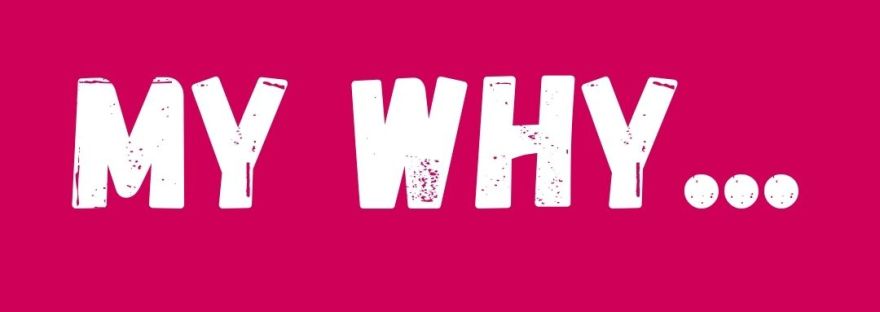Jerry Sandusky (American Football). Larry Nassar (Gymnastics). Andy King (Swimming). Graham James (Hockey). Greg Stephen (Basketball). Conrad Avondale Mainwaring (Track & Field). And then, of course the more than 80 British Football coaches convicted in 2016.
Their victims were boys and girls, recreational and elite athletes, young children and college students.
My point? My point is…There is not one single sports team in the world that has the luxury of claiming child sexual abuse isn’t a real risk in their organization. Not one.
Which means, there is not one single sports team in the world that shouldn’t have Athlete Protection Policies & Procedures and Child Sexual Abuse Prevention & Response Training that are research-informed and based on best-practices. Not one. And because I tend to repeat myself in 3s (just ask my kids), I’ll say it again…Not one.
Here is what we know:
» 1 in 10 children are sexually abused by their 18th birthday, and
» 90 percent of those kids are abused by someone they KNOW, LOVE, TRUST.
Here is what we also know:
The vast majority of youth sports coaches are good and decent people who are coaching our kids for all the right reasons. But sadly, we also know that not all are.
ACCESS
Coaches have unique access to their young athletes outside of competition.
Think of all the ways coaches build rapport and camaraderie within a team that could avail them private and uninterruptible access to the youth. Sleepovers? Camping trips?
Think about how many working parents need the coach to help drive their kiddo to/from practice, giving them private and uninterruptible access to the youth.
Think about the overnight travel games and tournaments that parents can’t attend, where private and uninterruptible access to the youth is pretty easy to create.
You get the idea.
TRICKERY
It is not uncommon for coaches to abuse their athletes under the guise of coaching or treatment, so many young athletes may feel very uncomfortable with certain coaching techniques or treatments, but they may not realize until much later that it is, in fact, abuse.
POWER
But what keeps the youth athlete from stopping or telling someone about the abuse? In addition to all the reasons we outlined in my last blog on why children don’t disclose abuse, a coach with ill-intent can naturally develop a power structure with an athlete that easily allows for ongoing abuse.
Kids learn in their pee-wee leagues to ‘listen to their Coach’ and ‘do what your Coach asks you to do.’ Right?
Who determines how much playing time an athlete gets? Yup…Coach.
As young athletes progress into elite athletes, who is most integral to college recruiting and college scholarships? Yup…Coach.
You get the idea.
WHAT DOES ALL THIS MEAN?
Let’s actually start with what this does not mean. It does not mean we stop trusting every coach working with our kids. It does not mean you pull your kids from youth sports programs. And, it does not mean you have to hire a security guard to observe all your coaches’ interactions with your athletes.
As an Amateur Youth Sports Organization, this means that you consider all this as you hire, onboard and train your coaches; develop your organization’s policies & procedures; and build your organization’s culture.
As the Parent of an athlete, this means you ask the sports organizations that your kids are a involved with:
- What are their hiring practices?
- What are their athlete protection policies & procedures?
- What kind of child sexual abuse prevention & response training do they provide their coaches? And,
- Is that training research-informed and mandatory?
Look…you (youth sports administrators and parents) talk about this stuff as it relates to concussions. Why is this any different?
It’s not.
We need to move past our discomfort and get this right.
Please let me know if I can help your organization develop Athlete Protection Policies & Procedures and provide Child Sexual Abuse Prevention & Response Training that are research-informed, based on best-practices, and most importantly…can minimize the risk of abuse within your organization.





